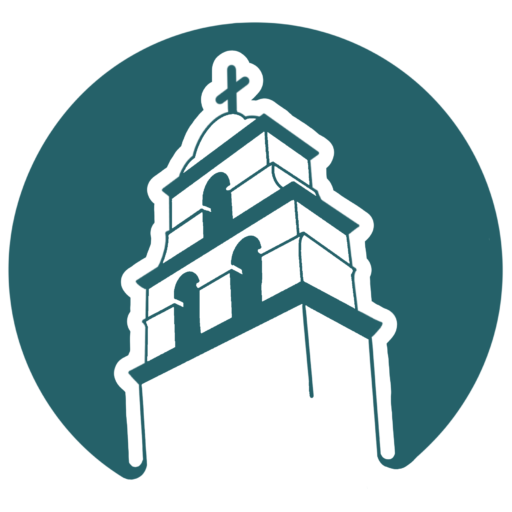VATICAN CORNER
It is not often that a pope travels to Sweden, a country with just 113,000 Catholics, fewer than could fill St. Peter’s Square. The last pope to visit Sweden was Pope John Paul II during his 1989 tour of the Scandinavian countries. Sweden is in the heartland of the Protestant Reformation, where the German theologian Martin Luther nailed 95 theses on a church door, denouncing what he saw as abuses of the Catholic Church. Pope Leo X excommunicated Luther, but the church couldn’t stop his teachings from spreading through northern Europe. Religious wars erupted, including the Thirty Years War in 1618-1648, one of Europe’s bloodies conflicts. Protestantism became one of three major divisions in Christianity, together with Roman Catholicism and Orthodoxy. Lutheranism is one of the main Protestant branches. Pope Francis traveled to Sweden on November 1, 2016 to join Lutheran leaders for a joint commemoration of the 500th anniversary of the Protestant Reformation. Not all of Francis’ advisers approved of this action, but one of his main priorities as Pope has been to promote a “culture of encounter” in which people of different faiths, especially Christians, walk, talk, and pray together. For history’s first Jesuit pope, the visit was particularly significant given that the Jesuits were founded to defend the Catholic faith from Protestant reformers. A 2013 Catholic-Lutheran publication called “From Conflict to Communion” laid the ground work for this historic joint commemoration. The book summaries ways in which historians have reexamined the Reformation and seen how Martin Luther did not want to divide the Church, but instead to reform and clean up what he saw as corrupt, clerical practices. That call seems strikingly similar to Pope Francis’ own denunciation of corruption and clericalism in the Church today. That might be why some of his critics like to call him the “Protestant Pope”. A joint prayer service was held in a cathedral and another in a public arena, both were moving and uplifting, but they do not mean Christian unity is around the corner. Dialogue between the Vatican and the Lutherans improved relations in recent decades and led to a 1999 joint declaration on the doctrine of justification concerning God’s forgiveness of sins. But other theological differences have not gone away. Lutherans find it hard to accept the Catholic Church’s rules on Communion and they are against a hierarchical structure to the Church. They permit women’s ordination, same-sex relationships and uphold abortion as a human right. Such moral differences appear impossible to resolve. Francis used the trip to encourage other ways the two churches can work together, particularly on humanitarian initiatives. The Catholic Church in Sweden has seen a 3 to 4 percent increase annually in recent years. Many new Catholics are converting from the Lutheran Church or are part of the huge presence of refugees and migrants who are generally more religious than Swedes. Originally the Pope’s trip was only to be for one day for the commemoration, but after the local Catholics objected, Francis agreed to stay overnight and celebrate Mass with them on Tuesday morning. In a stadium in Malmo, he celebrated All Saints Day Mass in Spanish with a Swedish translator before 20,000 excited and enthusiastic Catholics.
Sources: news.va, foxnews.com, cruxnow.com, thelocal.se
